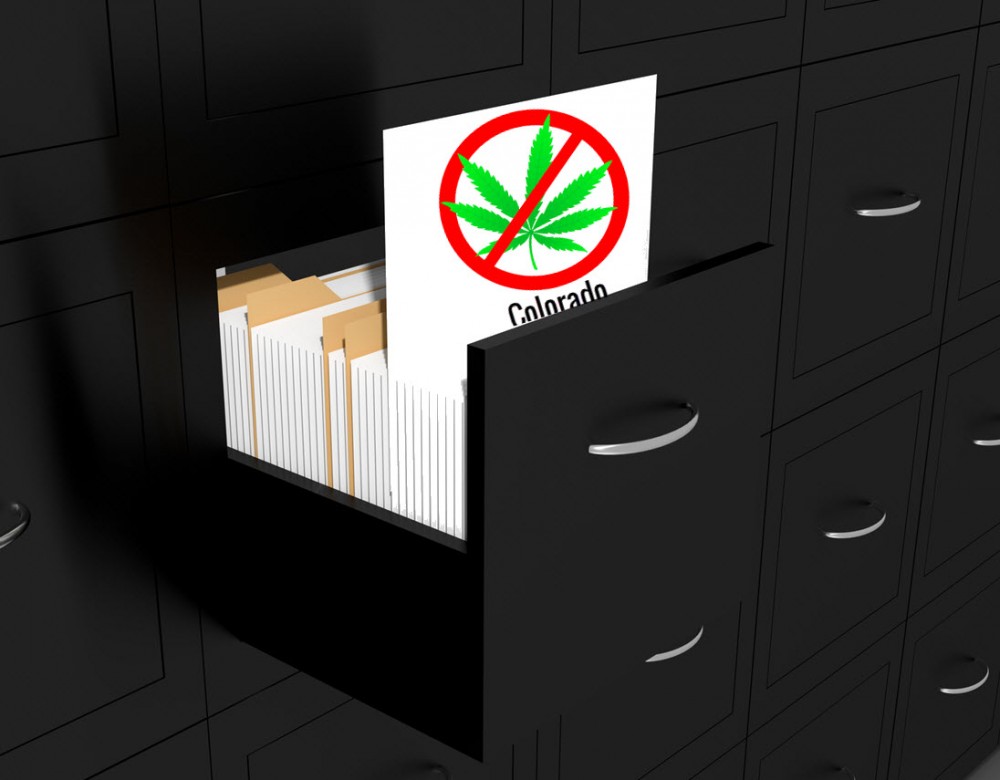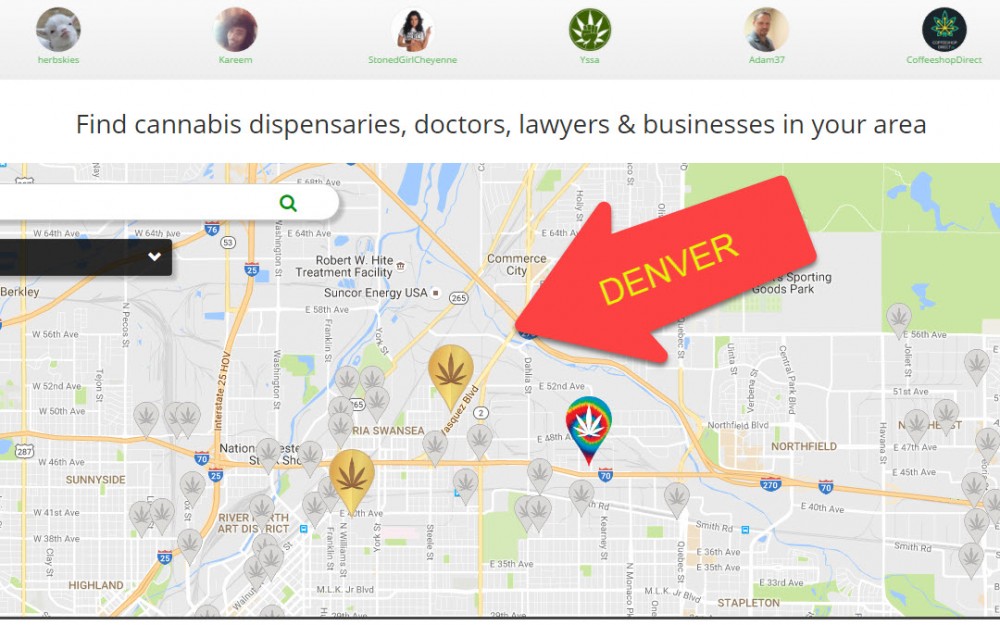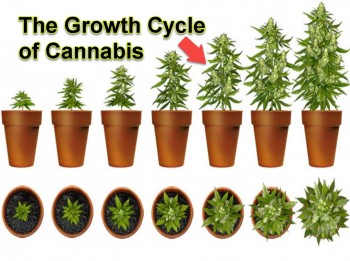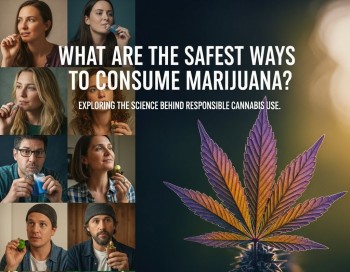Six Years After Colorado Legalization this is what the Data says
Colorado Marijuana Lessons 6 Years After Legalization from CannabisNet on Vimeo.
It’s been six years since Colorado embarked on the social experiment known as “Legal Cannabis”. Since then, many things have happened. We’ve seen an evolution within the marketplace, higher oversight from the government and much more.
Recently the Colorado Division of Criminal Justice Office of Research and Statistics released their latest report on “Impacts of Marijuana Legalization in Colorado.” The 256 page report takes a look at different data points post legalization including; crime, impaired driving, hospitalizations and whole host of other elements,.
The study has been going on for the past four years and have painted a picture of what occurs, at least within the State of Colorado, once you have a legal marijuana framework in place.
Prohibitionists have often touted that if you were to legalize marijuana, you’ll have a host of new problems on your hands including marijuana related crime waves, increased traffic fatalities and more kids would get their hands on the substance.
Unfortunately, the data doesn’t seem to back their irrational fears. While the report won’t be able to paint a perfect picture, it is establishing the baseline for ‘what we could expect’ to occur on a national scale or perhaps even internationally.
Thus, it’s important that while the data is providing us with some insight, it doesn’t mean that it’s absolutely true. There are many variables that affect the outcome of the data or in some cases, there simply isn’t enough data pre-legalization to verify any long term changes.
Nonetheless, the mere fact that we are establishing a baseline for data management surrounding the cannabis industry is providing us with the necessary insight to create a national framework in the future.
So what does the report say?
Criminal Activity
The police have now more time to follow up on black market activity. There amount of cases filed for serious cannabis offences are on par with pre-legalization standards, however the cases against organized crime has increased since 2008.
What this means is that the police are focusing their efforts on stopping black market cannabis production which is good, since it’s creating a safe environment for legal cannabis to flourish.
As more states legalize, black market activity simply wouldn’t be sustainable within the cannabis marketplace.
Overall, there isn’t more crime post legalization.
DUI & Traffic Fatalities
With more Drug Recognition Experts since 2012 (66% increase) the DUI cases have seen a drop of about 15% from 2014-2017.
In relation to cannabis-only impairment, the stats have remained level at about 7%. Fatal crashes with people who tested positive for Delta-9-THC (5ng/mL levels) dropped to 7.5% in 2017, from 11.6% in 2016.
This is significant since there has been roughly 10% increase in population over the past decade. This indicates that despite more people consuming cannabis, there is still a decrease in ‘cannabis-impaired traffic fatalities’.
There have been an increase in traffic fatalities of people who tested positive for any cannabinoid, however this doesn’t indicate impairment. These stats refer to anyone who tested positive for any cannabinoid, even at the lowest possible dose. It makes sense since more adults are consuming marijuana and THC can stay in your system for up to 90 days.
Hospitalizations and ER Visits
There was a significant increase on marijuana exposures reported to the Rocky Mountain Poison and Drug Center from before legalization to about 2014. However, from 2014 and onwards the rates have flattened out.
Once more, education and the lack of the novelty factor is contributing to the leveling out of these stats. I believe that over time there should be a steady data point we would observe over time.
Schools and Achievement
When it comes to high school graduation and dropout rates, there is no impact that can be observed post legalization. In terms of disciplinary actions (suspensions, expulsion or law enforcement involvement), there is no difference before or after legalization.
Furthermore, graduation rates are up and dropout rates are down since 2012.
As you can see, legalization has absolutely no impact on the performance of the youth when it comes to academic ventures. In fact, one could argue that by not stigmatizing cannabis, you’re creating an environment where it becomes a ‘non-factor’.
Furthermore, kids aren’t using cannabis more post legalization. Kids, aged 12 to 17 have seen absolutely no change in usage rates. There was actually a decrease in kids trying cannabis before the age of 13, from 9.2% in 2015 to 6.5% in 2017.
In fact, alcohol is the most common substance reported by the students at 59% whereas cannabis is at 35%.
Bottom Line
All in all, it’s good news. We’re not seeing an increase in crime, kids aren’t using more. The primordial fears of the prohibitionist can be put to rest. One thing this report affirms year after year, cannabis legalization works.
Colorado Marijuana Lessons 6 Years After Legalization from CannabisNet on Vimeo.
OTHER STORIES YOU MAY ENJOY..
WILL COLORADO REPEAL LEAGL CANNABIS THIS YEAR?
OR..
DENVER DISPENSARY MAP EXPANDS, CLICK HERE.








